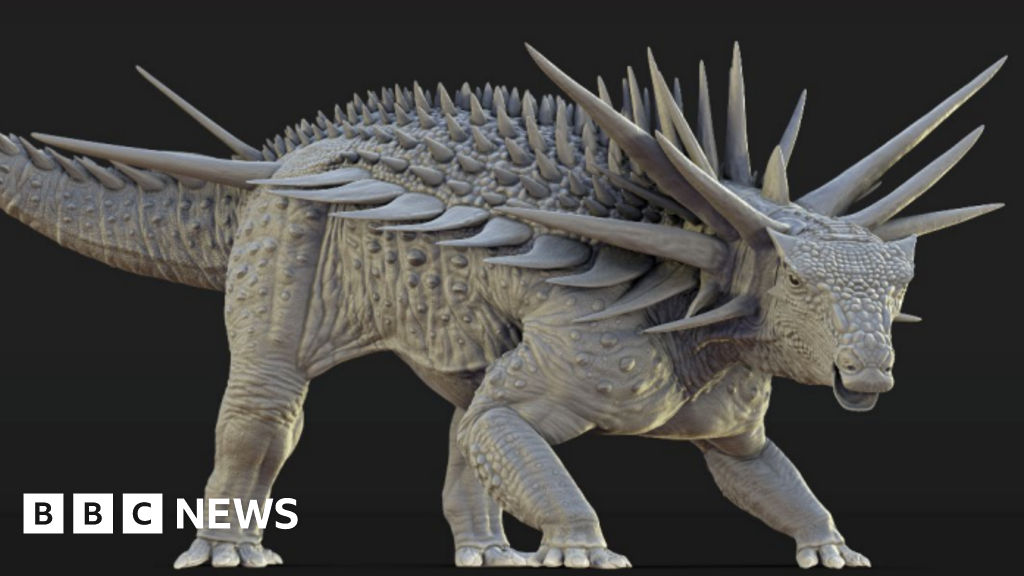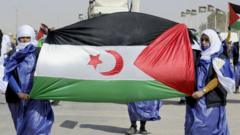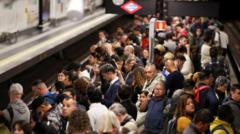Article:
Morocco's King Mohammed VI has recently addressed the nation's deepening economic and environmental crises by urging citizens to reconsider the traditional practice of slaughtering sheep during the upcoming Eid al-Adha, also known as the Feast of Sacrifice. As the nation grapples with significant climate challenges and rising living costs, His Majesty's message has provided a sense of relief to many Moroccan families who have found it difficult to afford the customary meat for this important Islamic festival.
Eid al-Adha typically sees families gathering for prayers and festive meals, showcasing a reverence steeped in tradition. However, as drought conditions have persisted for several years, compounded by severe heat waves linked to climate change, many Moroccans now face financial hardships that make such celebrations feel out of reach.
In a letter read publicly by Ahmed Toufiq, the Islamic affairs minister, King Mohammed articulated empathy for the realities affecting many of his people. He remarked that continuing the tradition of slaughter under these harsh circumstances could potentially harm individuals with limited financial means. “I will perform the Eid sacrifice rite, God willing, on behalf of my people,” he assured, demonstrating his commitment to the welfare of his citizens.
Morocco's agricultural sectors have been under strain, with current rainfall levels reported at 53 percent below the historical average, leading to low yields and escalating food prices. His Majesty's urging reflects a broader awareness of the circumstances facing the Moroccan populace, shedding light on how climate and economic factors intersect with cultural practices and religious observances.
As Eid al-Adha approaches, King Mohammed VI's compassionate stance not only seeks to ease the financial burden on families but also reinforces the notion of community solidarity in the face of adversity, inviting all to partake in the celebrations in a more accessible manner.
Morocco's King Mohammed VI has recently addressed the nation's deepening economic and environmental crises by urging citizens to reconsider the traditional practice of slaughtering sheep during the upcoming Eid al-Adha, also known as the Feast of Sacrifice. As the nation grapples with significant climate challenges and rising living costs, His Majesty's message has provided a sense of relief to many Moroccan families who have found it difficult to afford the customary meat for this important Islamic festival.
Eid al-Adha typically sees families gathering for prayers and festive meals, showcasing a reverence steeped in tradition. However, as drought conditions have persisted for several years, compounded by severe heat waves linked to climate change, many Moroccans now face financial hardships that make such celebrations feel out of reach.
In a letter read publicly by Ahmed Toufiq, the Islamic affairs minister, King Mohammed articulated empathy for the realities affecting many of his people. He remarked that continuing the tradition of slaughter under these harsh circumstances could potentially harm individuals with limited financial means. “I will perform the Eid sacrifice rite, God willing, on behalf of my people,” he assured, demonstrating his commitment to the welfare of his citizens.
Morocco's agricultural sectors have been under strain, with current rainfall levels reported at 53 percent below the historical average, leading to low yields and escalating food prices. His Majesty's urging reflects a broader awareness of the circumstances facing the Moroccan populace, shedding light on how climate and economic factors intersect with cultural practices and religious observances.
As Eid al-Adha approaches, King Mohammed VI's compassionate stance not only seeks to ease the financial burden on families but also reinforces the notion of community solidarity in the face of adversity, inviting all to partake in the celebrations in a more accessible manner.





















